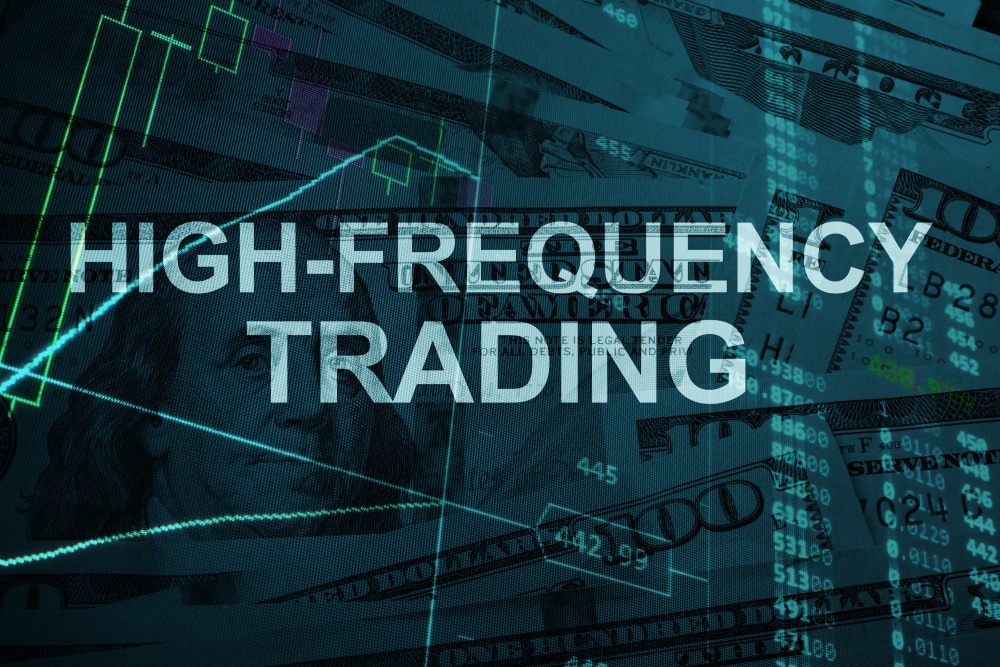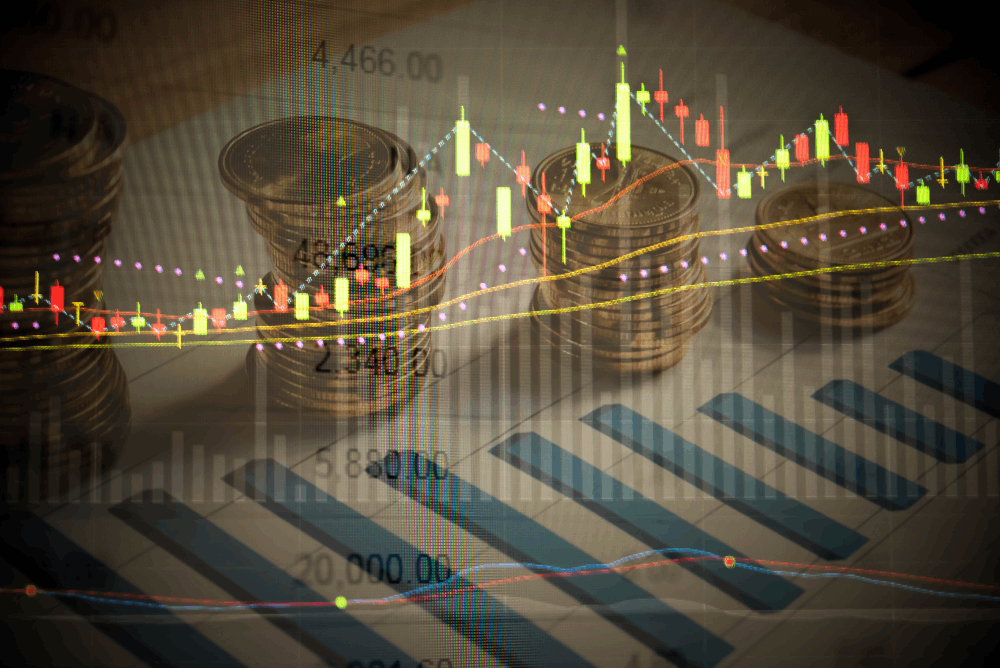High-Frequency Trading

High-frequency trading (HFT) is a high-speed type of trading involving the use of computer programs to open and close positions- most commonly a large number of positions at extremely high speeds.
This system can identify global trends in a fraction of seconds using computer algorithms. It can send hundreds of baskets of stocks out into the marketplace at a bid-ask spread beneficial to traders. Millions of orders can be executed in seconds, giving investment banks, hedge funds, and institutional investors an advantage in the market up until the close. HFT doesn’t carry open positions overnight.
The automated transaction is done by placing a large volume of trades across different markets to increase profit on very small profit margins. Trades with the fastest execution speeds are more profitable than slower speeds.
In brief, HFT algorithms can identify new trends across global markets and trade automatically before other market players have a chance to find the trend. By taking advantage of discrepancies in bid/ask spreads and other price movements and price floors.
HFT has raised controversy over the years due to the lack of any kind of human intervention (except the programming) and also because of its flash highs or sudden losses. An example of how high-frequency trading works, is that the algorithm recognizes the differences of the quote (exchange quote) on the ask price, taking advantage of this arbitrage opportunity in a second before other investors realize the spread difference in other exchanges.
The upside VS the downside
HFT allows institutional players to make hefty gains as they are able to trade in bulk through the use of algorithms. And since HFT adds liquidity to the markets and eliminates small bid-ask spreads. Liquidity produced through this type of trading is momentary, sometimes referred to as “Ghost liquidity “however it’s a strategy to make sizable profits.
In addition, HFT, while increasing liquidity in the market it adds to market efficiency by working towards having narrower spreads, as it also increases competition as the volume of trades increases.
HFT computed decisions can result in dangerous and big market moves. It can create flash highs in the market without warning and occasionally without any reason since it has no human intervention.
And in another recent trending topic, HFT can allow large companies to profit at the expense of smaller institutional and retail investors putting smaller market players at risk, which is the battle Robinhood is fighting now with retail investors over the GameStop scandal.
HFT has become more common after exchanges have made incentive offers to add further liquidity to the markets. it can enable traders to find more trading opportunities including arbitraging slight price differences for the same asset as traded on different exchanges.

